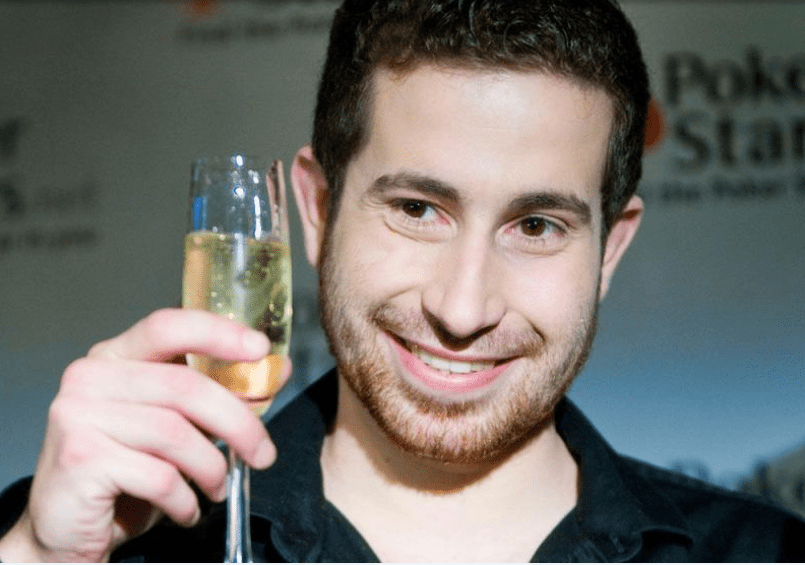Jonathan Duhamel has made several significant moves during his poker career. One of the most beautiful moments; was when he won prestigious Texas Hold’em poker tournament in Las Vegas in 2010. At 23, for four months, he pocketed millions of dollars. In addition, during his career, he made net gains over a very long period.
Recently, the corridor of decisions from the Tax Court of Canada “C.C.I.” delivered, analogically from a Hollywood film, a spectacular final & farewell goodbye in the lustrous poker career of Jonathan Duhamel. Indeed, the coup de grace, worthy of a remarkable performance on Broadway, of an Oscar trophy: was to convince the tax court that his winnings, drawn from the game of poker, were tax-free.
The general rule
Lottery winnings, as well as winnings from games of chance, are generally exempt from tax; they do not constitute taxable income. However, there is one overarching nuance: the taxpayer must not operate a gambling business.
A gambling business exists if winnings can be attributed to its expertise and abilities. In addition, there must be an indication of a systematic search for gain. In general, we seek to make gains if we adopt a behavior worthy of a businessperson.
Poker, hobby, or business?
Poker has a personal aspect, so you must see if the activities are organized enough to build a business. CRA will consider the following factors to plan a decision: the organization of poker activities, risk reduction strategies, simple pleasure, profit-making intention to earn a living, number/frequency of bets, etc.
Notwithstanding the criteria mentioned above; I would like to ask you a question that implements our “C.S.A. Common SenseAbilities”: is it possible for a participant to win a tournament of the prestigious “WSOP” without behaving like a responsible businessperson without being compulsive in his training, without being organized and finally, without implementing systems of strategies?
In essence, the chances of a group of persons – like any of the characters from Trailer Park Boys – winning a “WSOP” tournament in Las Vegas is practically zero. Consequently, it would be pragmatic to believe that the success of a poker player at the “WSOP” tournaments would depend on the many behaviors/activities necessary to ensure a successful businessperson or enterprise, no?
“ We got out lawyered.“
I apologize for this platitude; however, it is applicable in the Duhamel case: “Money does not buy happiness, but it can certainly buy you a great team of lawyers.” Following thereading of case 2018-1782 (IT) G, we, laymen who are not lawyers, may wish to examine, question, and clarify the following behaviors/activities:
• First, Jonathan Duhamel creates a holding company with a specific intention; to mitigate and ensure tax optimizationof the PokerStars convention agreement. This agreement, signed in October 2010, doesn’t it demonstrate the clearintention of becoming a professional poker player? If so, how can we still acknowledge and make a case for his Poker activities being a hobby and not a business?
• Jonathan Duhamel has written an 18-chapter book describing many methods used to win at Poker. Previous journalistic statements were not admitted in court. Indeed, there is no guarantee that they are accurate, but the spirit of journalistic writings at the time cannot serve as a guide to evaluating a person’s actual behavior?
• Jonathan Duhamel’s credibility is not in question; he can do complicated calculations in his head, but he has forgotten everything for the rest. According to the information in the judgment, his semantic memory seems on the cutting edge. However, his immediate, short-term, and long-term memory are failing.
• CRA’s auditors, in this case, failed to request the relevantinformation for years before 2010.
In short, smile; could you show us your teeth? Also, don’t forget to raise your glass of champagne, Jonathan. We can’t wait to seeyour next act; Go Big, do a Netflix documentary highlighting your Poker career!

